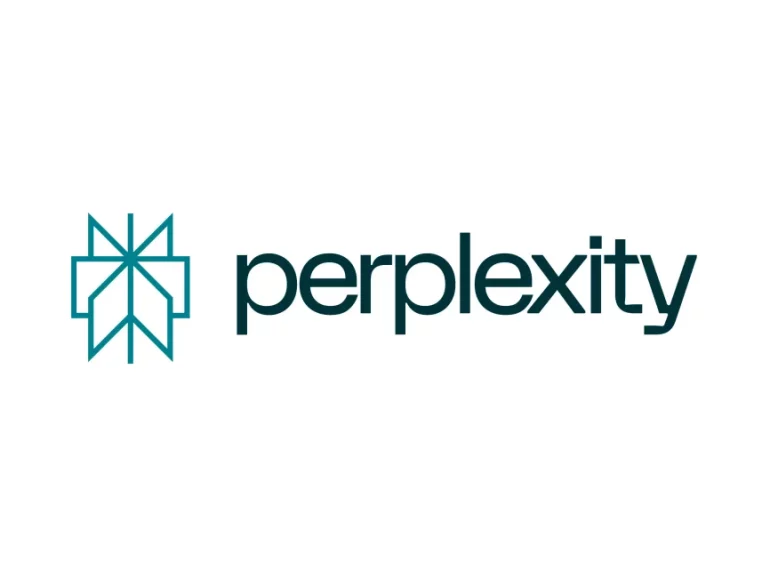- Nvidia and Jeff Bezos-backed Perplexity AI plan to introduce ads on their AI search platform by Q4.
- Perplexity AI launched a publisher partnership program, initially including TIME, Der Spiegel, and Fortune.
- A revenue-sharing model was set up for interactions referencing publishers’ content.
- Since ChatGPT’s launch in November 2022, AI integration in search has become a priority.
- Microsoft’s early investment in OpenAI led to Bing incorporating AI technology.
- Google introduced AI-powered summaries to counter competition at its May developer conference.
Main AI News:
Nvidia and Perplexity AI, supported by Jeff Bezos, are preparing to introduce advertisements on their AI-powered search platform by the fourth quarter. This move follows Perplexity AI’s recent launch of a partnership program for publishers, which initially includes TIME, Der Spiegel, and Fortune among its collaborators. The program is designed to share revenue generated from interactions where these publishing partners provide the referenced content.
Since ChatGPT’s launch in November 2022, the integration of AI into web search has become a strategic focus for majorsearch engines, challenging Google’s long-held dominance in the market. Microsoft, taking advantage of its early investment in OpenAI, has integrated the technology into its Bing search engine. In response, Google unveiled AI-powered summaries during its developer conference in May.
Conclusion:
The move by Nvidia and Perplexity AI to introduce advertisements on their AI-powered search platform signifies a growing shift in the digital advertising landscape. As AI continues integrating into search engines, traditional online advertising models will likely evolve. The revenue-sharing model with publishers suggests a new monetization approach, potentially disrupting the current market dynamics dominated by Google. With major players like Microsoft and Google already deeply involved in AI-enhanced search, the entry of Perplexity AI and Nvidia could further intensify competition, leading to faster innovation and possibly reshaping the market’s balance of power. This factor could ultimately benefit consumers through more personalized and efficient search experiences while offering new opportunities for publishers and advertisers.

